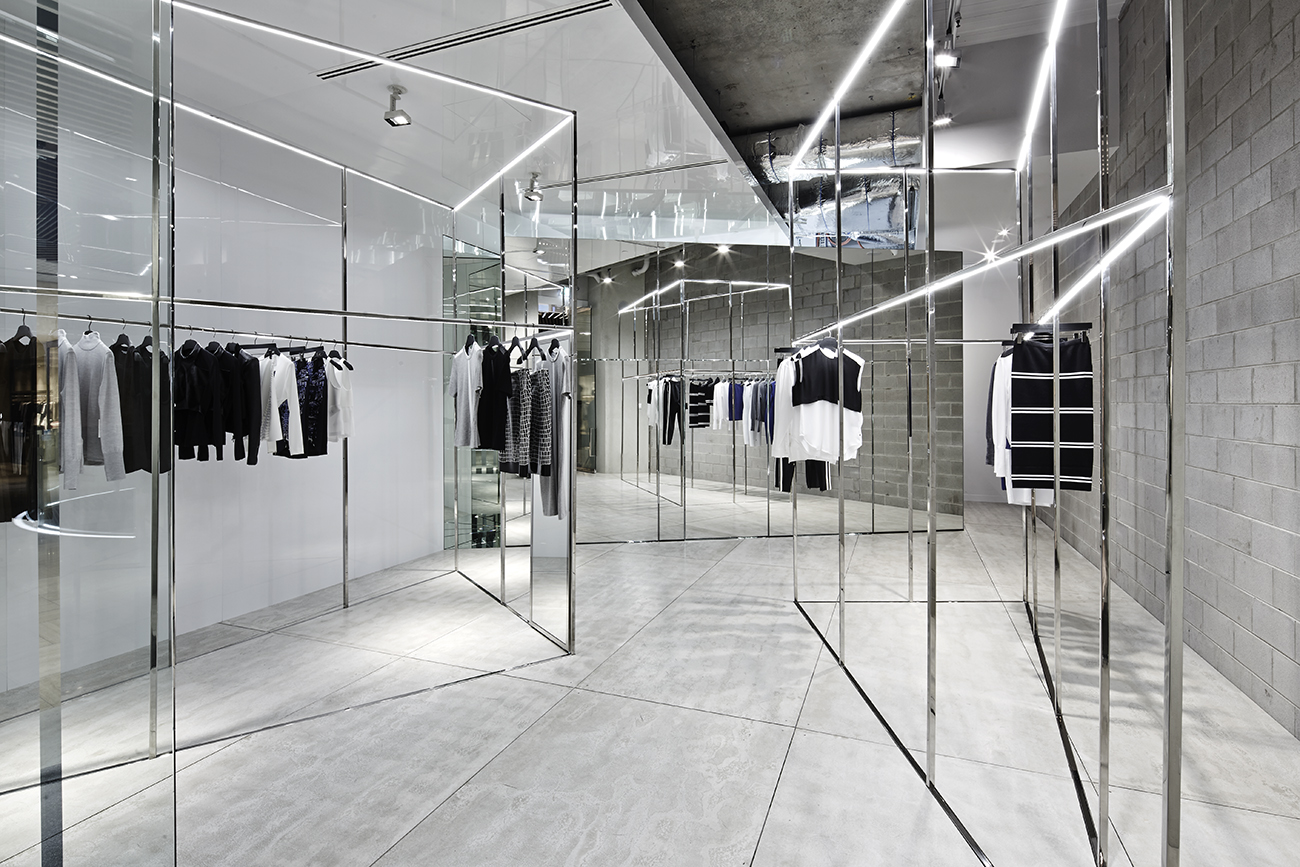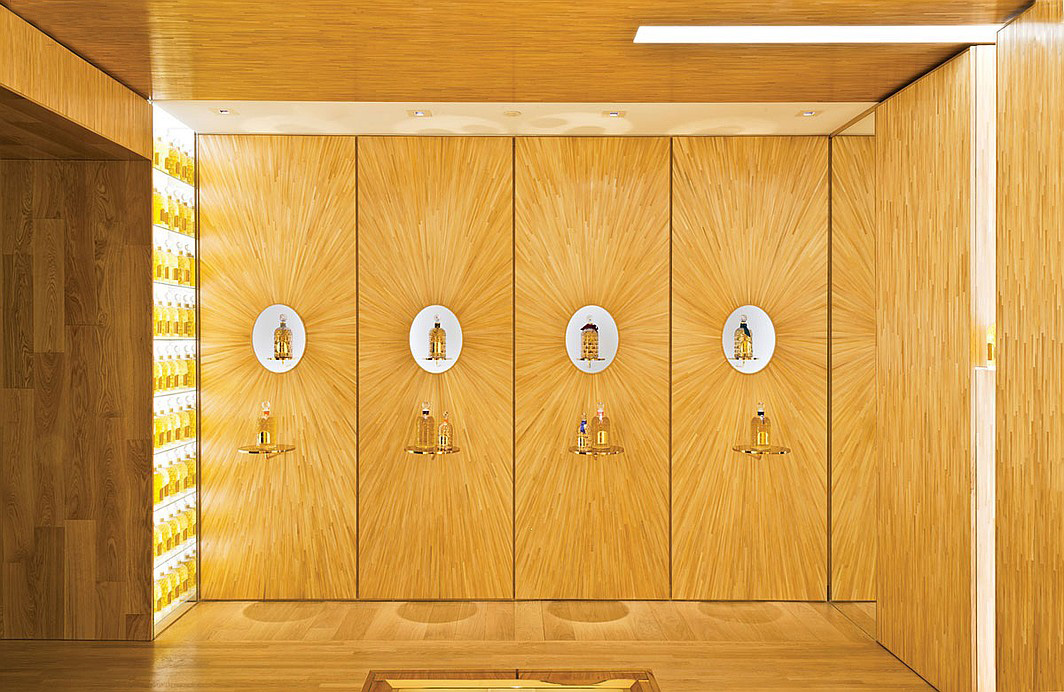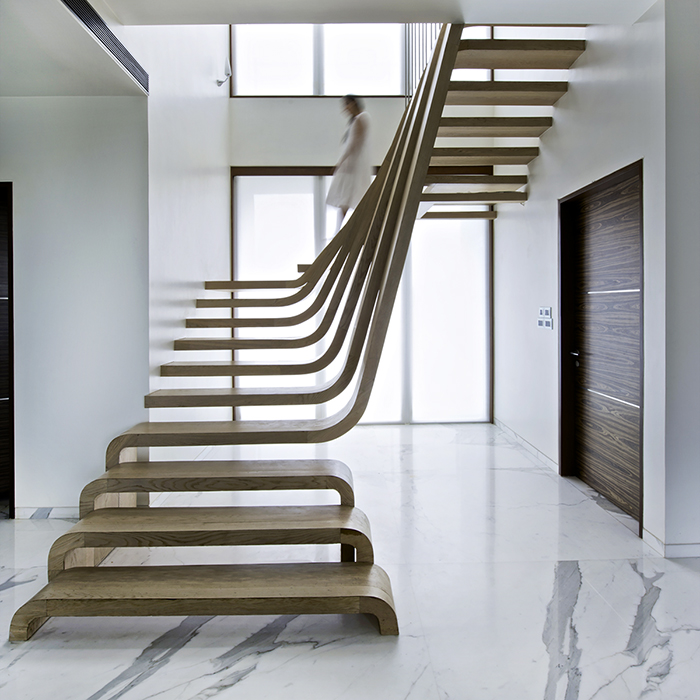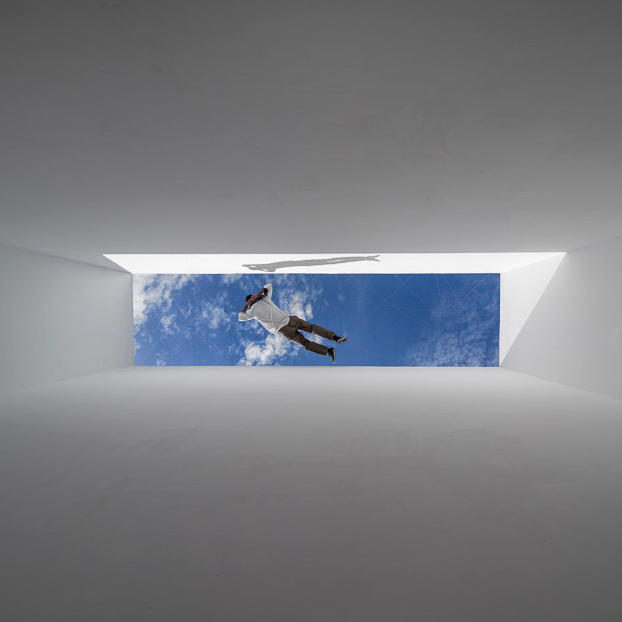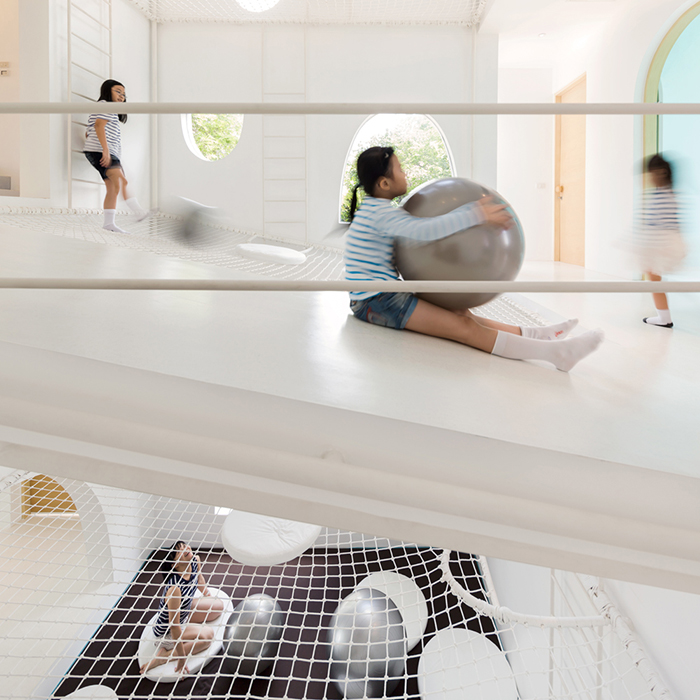The Jam Factory: Duangrit Bunna’s All-In-One Office, Cafe, Gallery, Bookstore
/To accommodate an increase in his staff, Duangrit Bunnag sought to build a new office space to house his firm DBALP Architect, someplace larger but quieter, shaded from the bustle of his then-current space in Siam Discovery Complex in Bangkok, Thailand. He found a chain of warehouses in Thonburi, on the side of the Chao Phraya River opposite to the Klongsarn Market, and what started as a search for a bigger space turned into a project that would retrofit the entire warehouse into The Jam Factory, a cafe that also features a gallery and a bookstore, a creative urban space where visitors can drop by to have a snack or a meal and do some browsing, maybe even purchase a piece of furniture. This fulfills his dream of having a place where a restaurant could operate not only alongside of, but in the same space as, his company.
The warehouse in which all of this is housed is beautifully unimposing. It’s a more modern and industrial structure than those dotting Parisian backstreats, yet it posseses the same charming fermentation of urban decay those buildings and gardens impress upon the senses. This charm is deliberately accentuated by a painting scheme that is grayly drab, its artistry evinced by the effect of being “patiently rushed,” in an oxymoronically innovative way. Exposed wood frames the entrance, through the large glass adorned sliding door of which the restaurant is visible, a chic fifty seat-capacity space called Never Ending Summer. Bunnag formulates a menu based off a few essential elements, namely traditionality of Thai cuisine, his father’s recipes, and seasonal vegetables and varieties, serving what’s available in the markets. The menu tops out at over a hundred authentic dishes, and is as shifting and dynamic as the adjacent gallery that features a slew of similarly ever-changing exhibits year-round.
The exposed rafters inside the dining area are posh, but also extend the outdoor impression all the way through the inside, being simultaneously a modern feature but also typical of this particular type of warehouse structure. This dual-thematic quality goes for the brick wall as well, which injects a modern charm but is also characteristic of--well, a warehouse. And those stainless steel lamps suspended from the ceiling are an urbane take on chandeliers that wouldn’t be out of place in a hip Brooklyn restaurant, but any auto mechanic’s son will instantly recognize that distinct bowl-shaped stainless steel light his daddy lit up his shop with on long summer nights.
Bunnag is famed for his posh designs, and Never Ending Story definitely has its own charming qualities, such as the artwork hanging from that brick wall and the potted vines staggered at varying levels on the walls throughout. An abundant supply of natural light is afforded by the natural sunroof that comes with being located in a warehouse. The dining area features wood-framed tables with see-through glass tops, and matching wood-framed chairs that are comfortably cushioned. Table plants in glass vases match contribute to the rustic quality achieved elsewhere with the vines, which appear to be growing from the walls, especially since the painting scheme inside often gives the impression of dirt-lined grouted walls that might in fact support the growth of plants from their earthy vertical bosom--which is actually occurring just like this right outside, in a spot of wall that supports a leaved vine and around which are situated metal chairs.
This urbane dynamism is matched in the gallery and bookstore, each of which is either perpetually changing (the gallery) or showcases works on just that type of ever-changingness (the bookstore). Volumes that are laid out on the wooden tables range from Candide to Nobel Laureate Naguib Mahfouz’s Fountain and Tomb to Haruki Murakami’s A Wild Sheep Chase, as well as books from a variety of local publishers, just as local artists’ work is displayed in the gallery; and the bookstore has both indoor and outdoor reading areas. The Anyroom store will soon open, and the shop’s coffee corner servers organic single-origin Ethiopian Yirgacheffe and premier teas.
Bunnag describes The Jam Factory as a private playground where life moves at a slower rhythm, and where the the urban bustle is removed in favor of the tranquility offered by a quiet garden space. With stores opening up soon that plans on filling out the surrounding warehouses with, and even a bar serving “cocktails and mocktails,” Bunnag has truly brought to this warehouse everything he needs to make an artistically and culturally dynamic playground that can both entertain him and his staff while heightening the creative outpouring of their company.
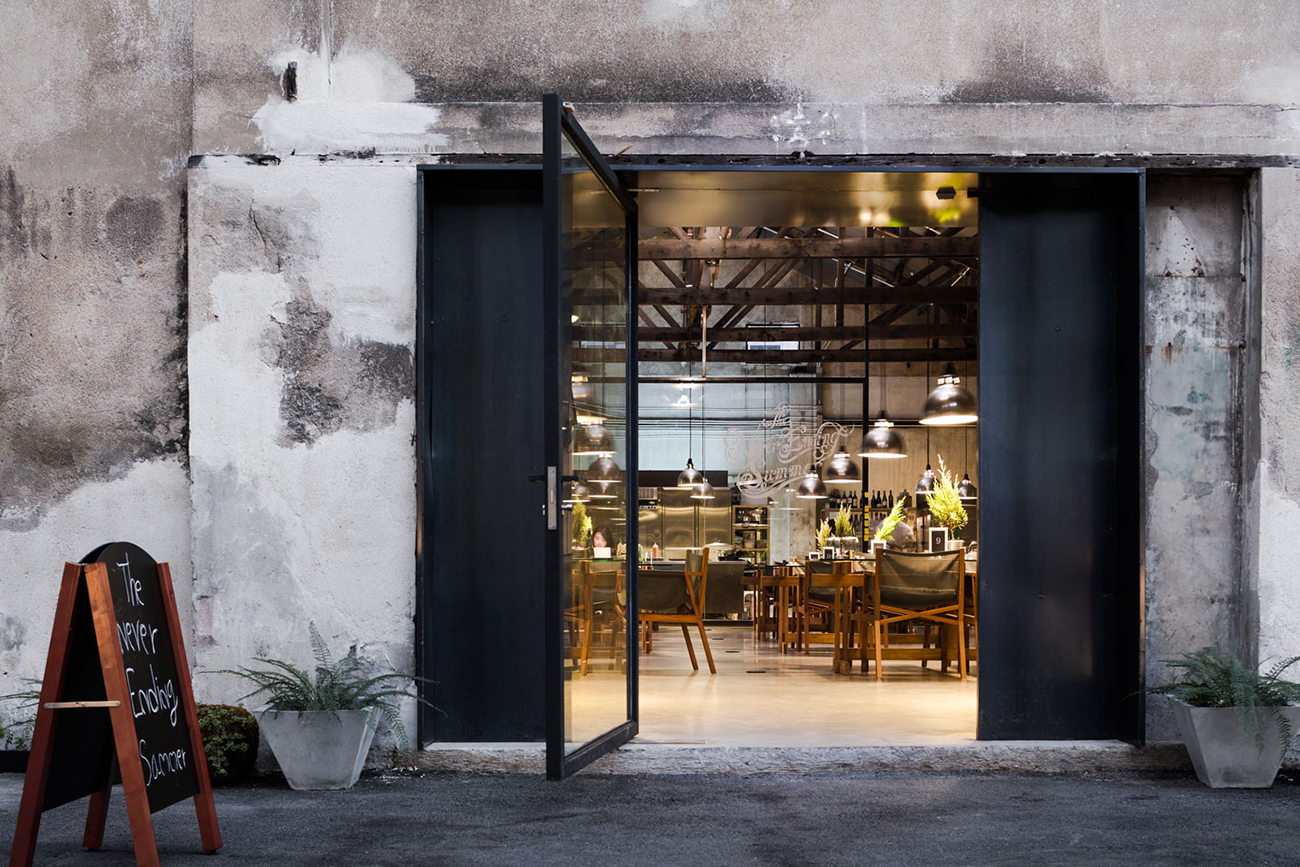
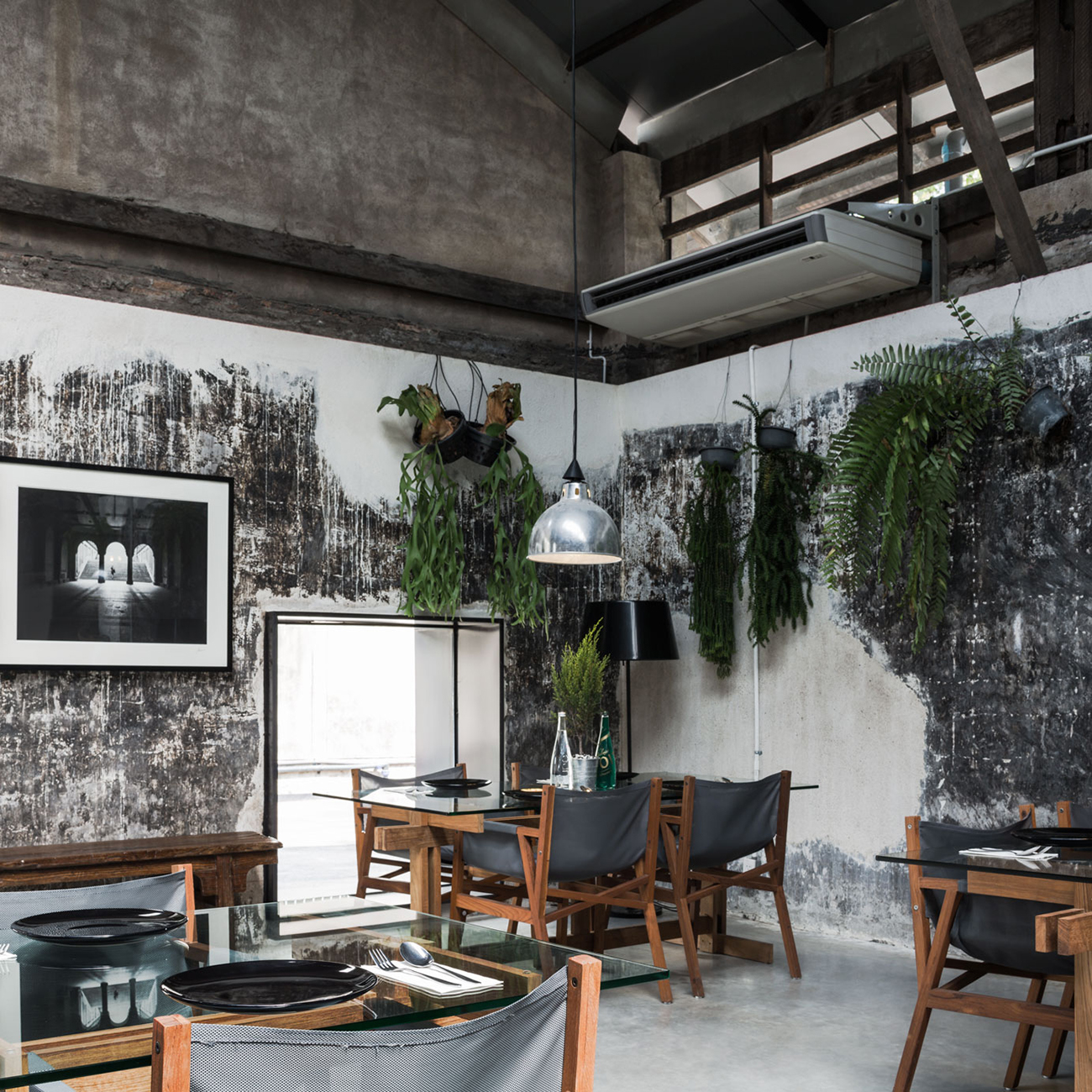
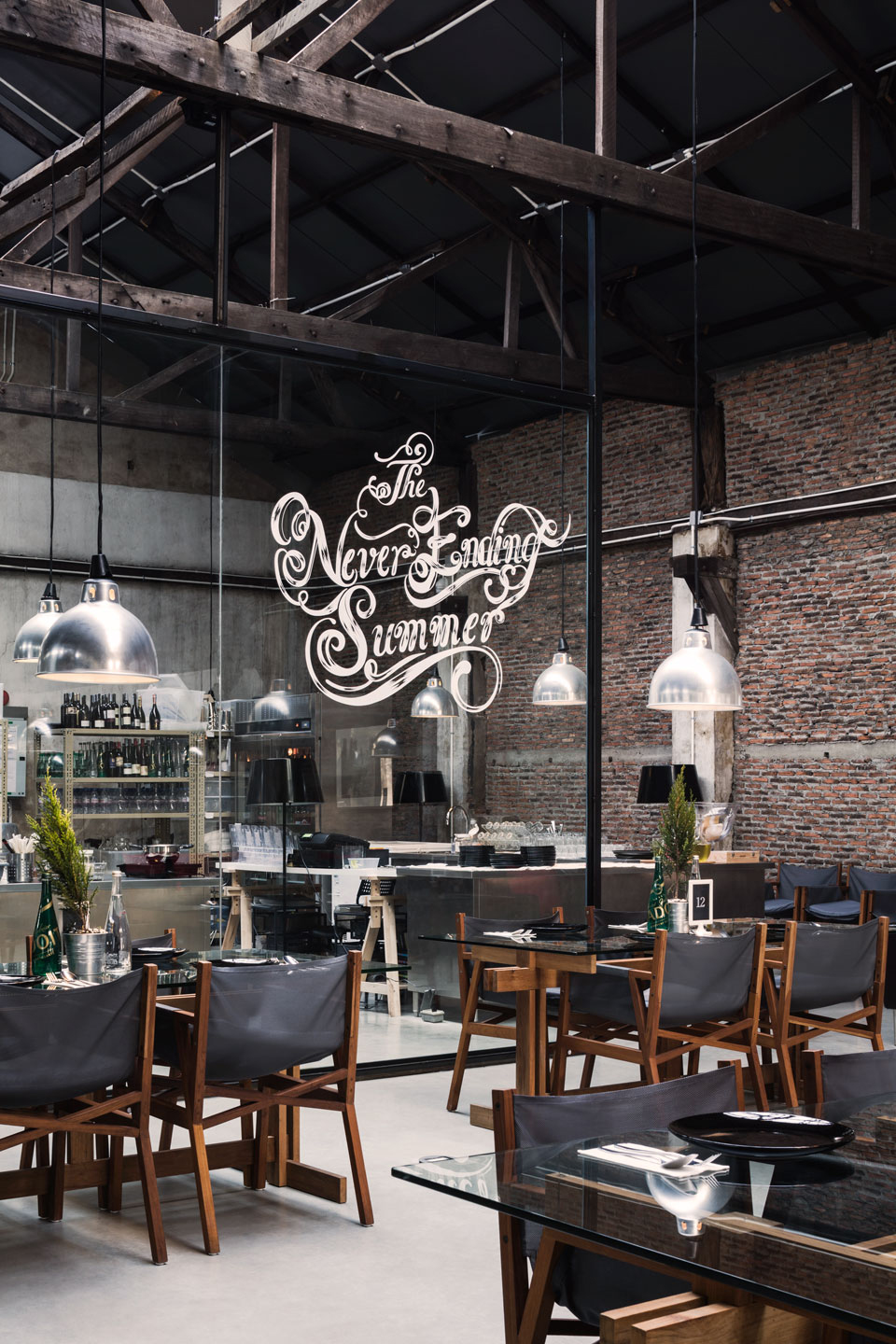
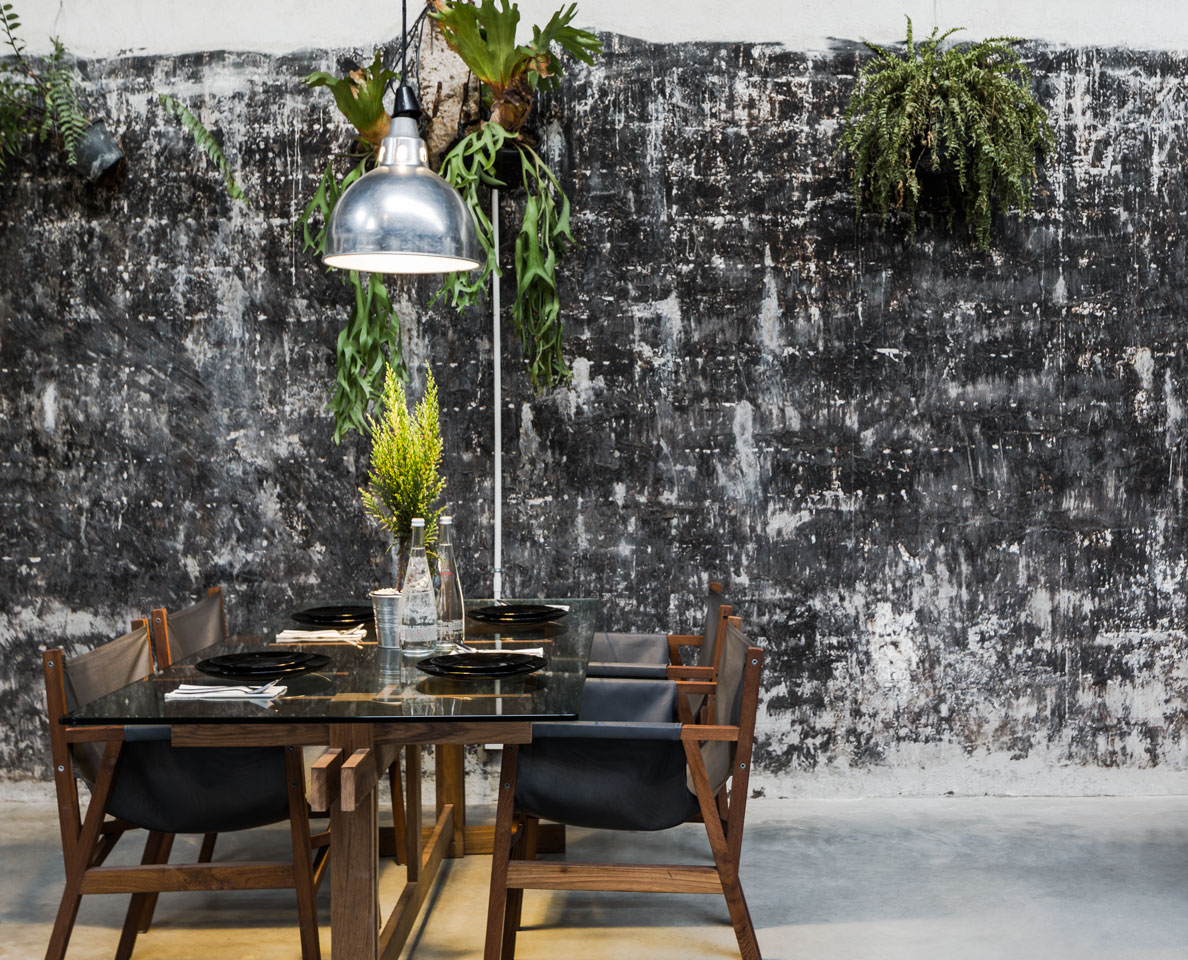
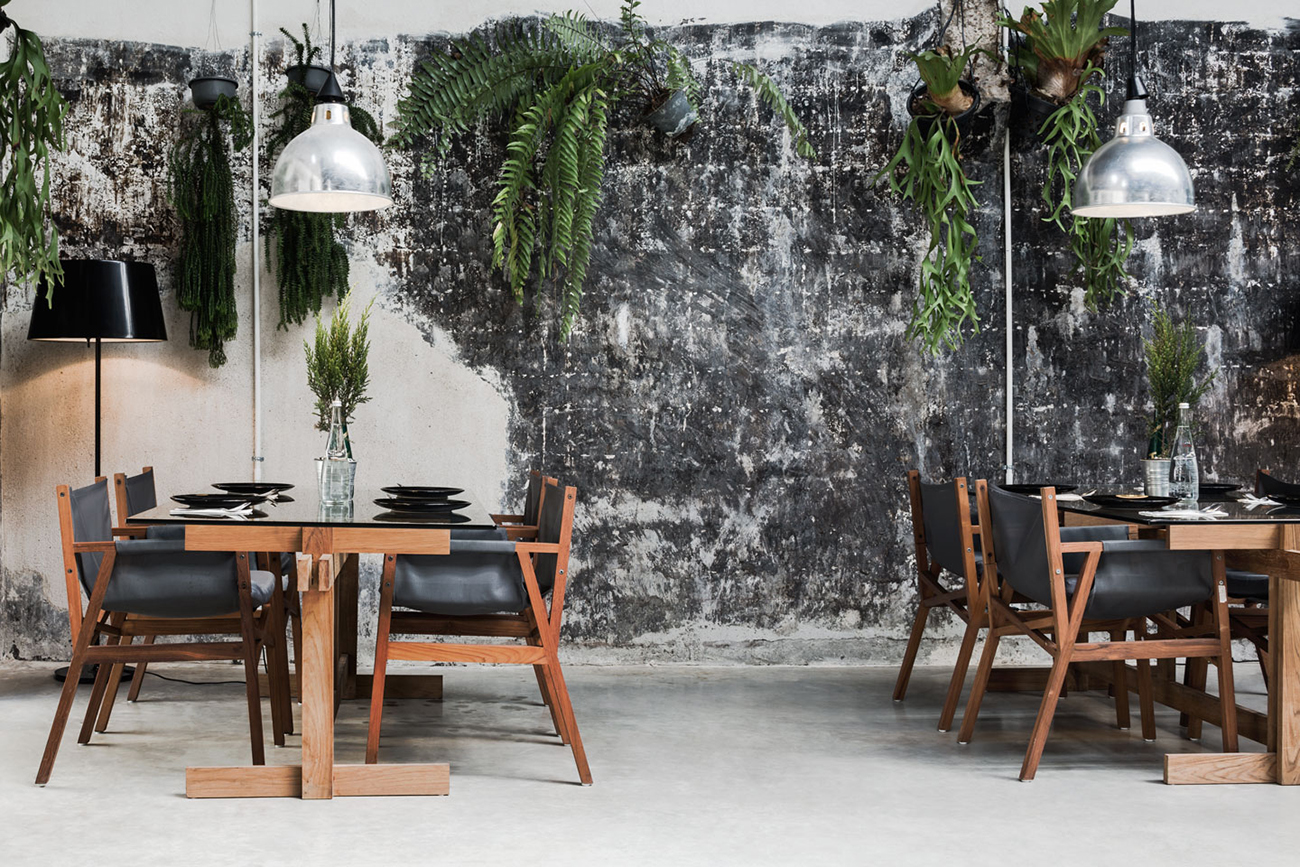
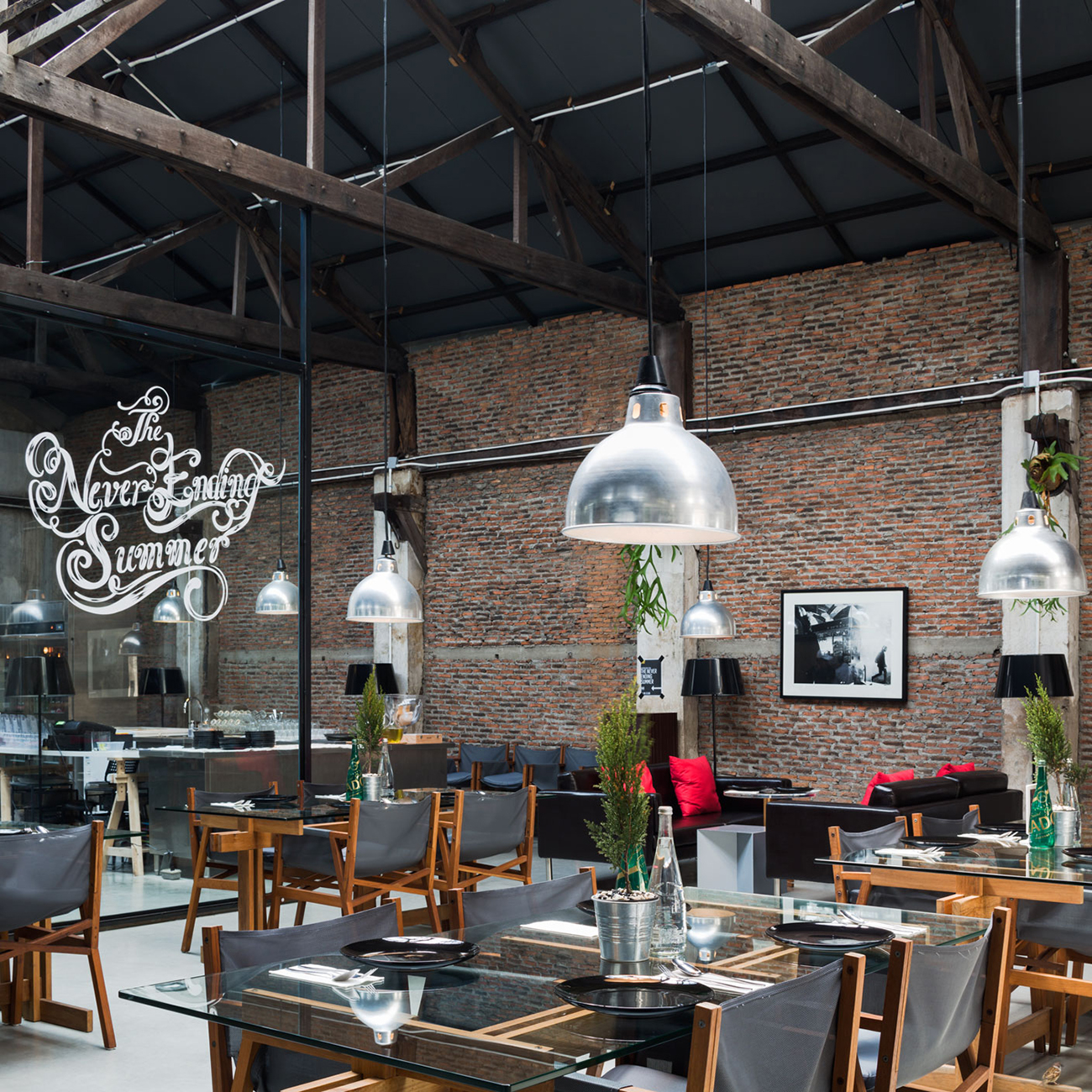
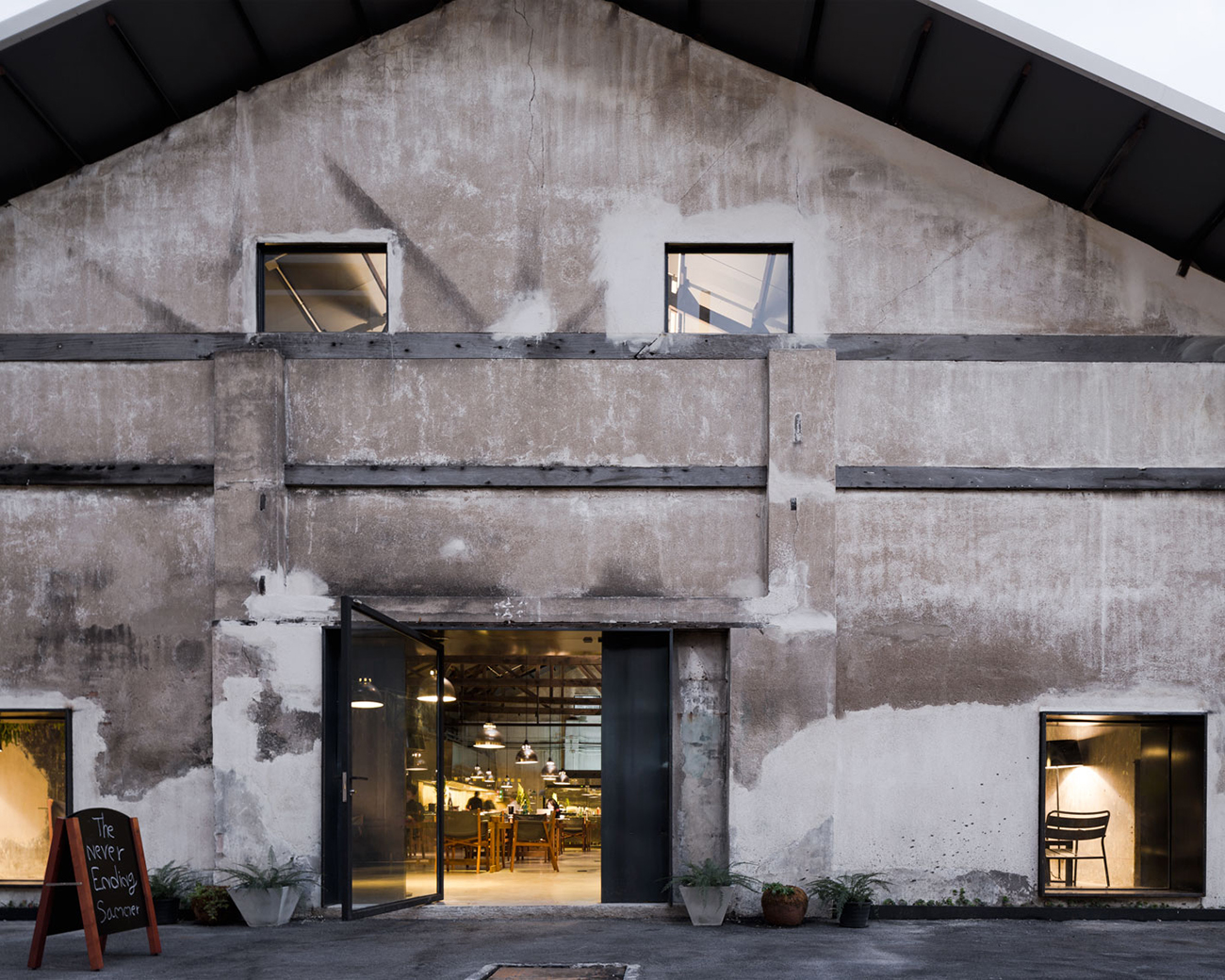
You Might Also Be Interested In:



